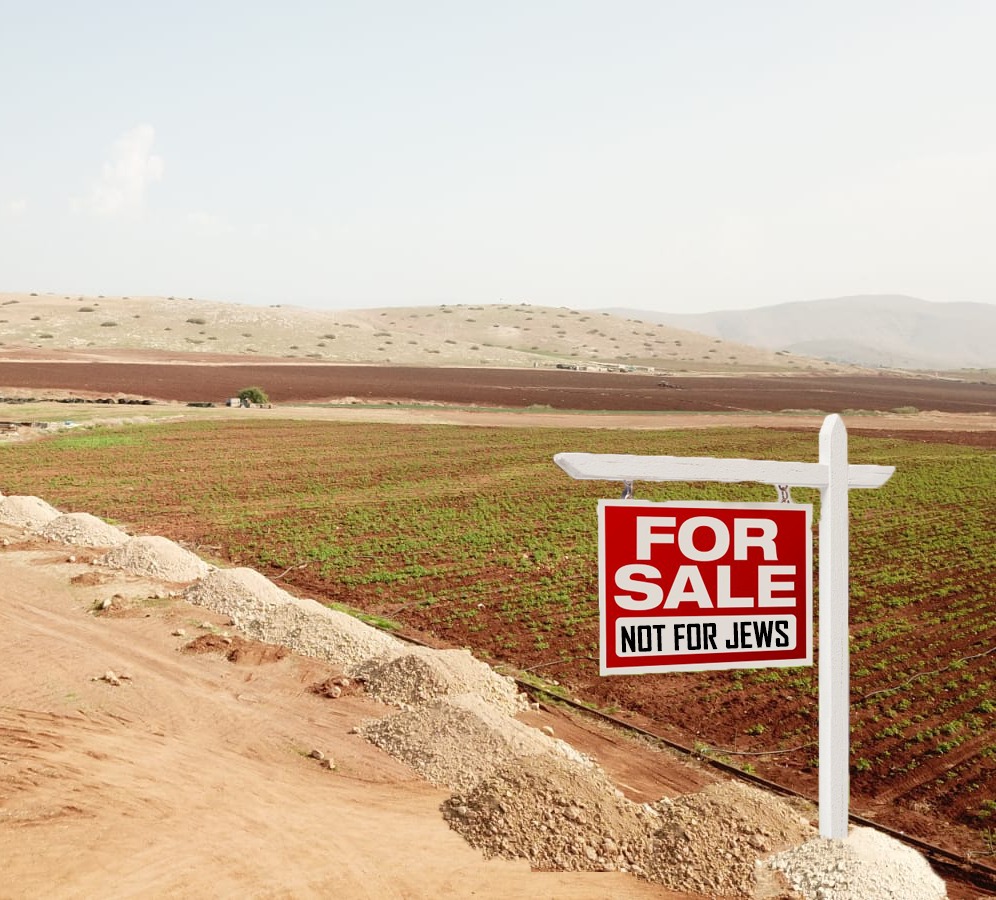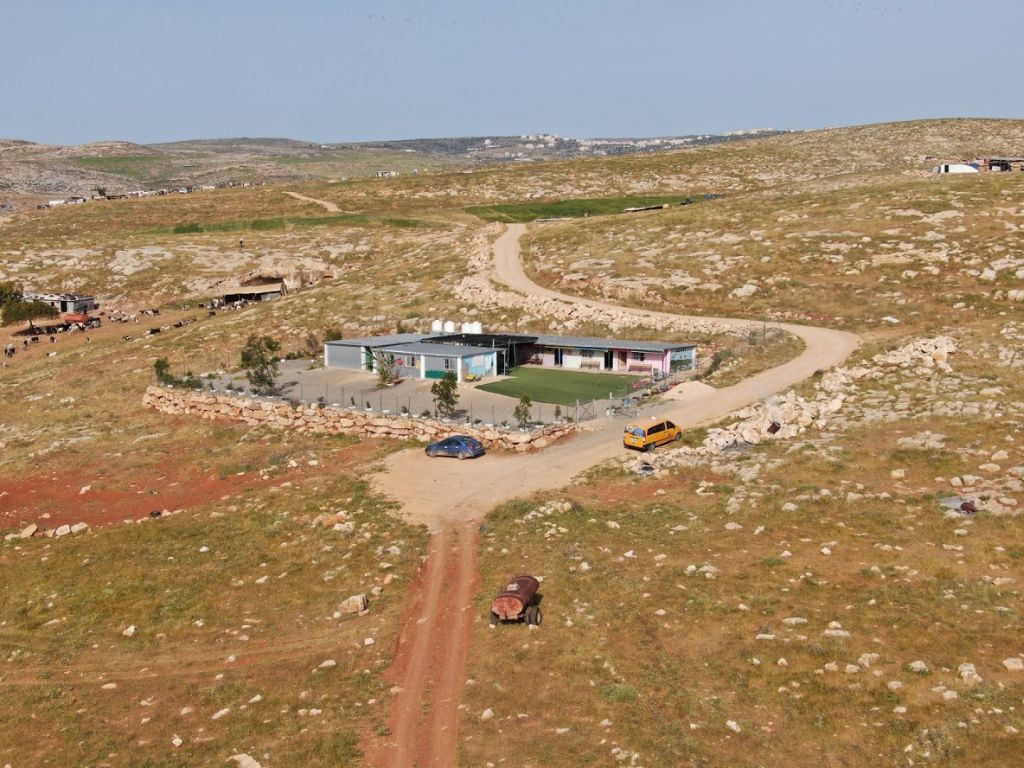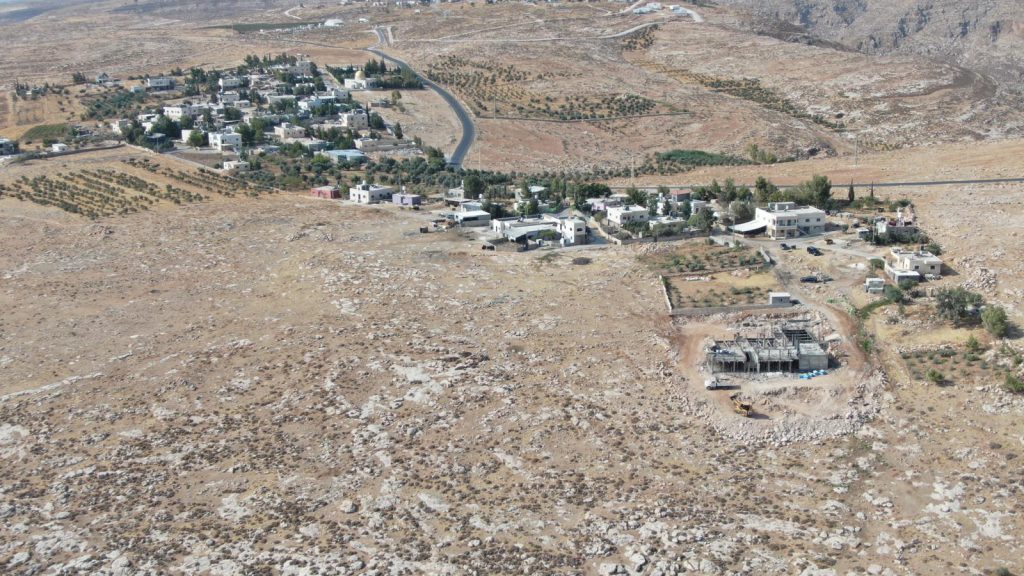As a result of our petition, a massive junkyard that was blighting the countryside and polluting the groundwater in the Binyamin region was cleared. Countless wrecks had been piling up for years at an illegal automotive scrapyard near Bir Zeit, polluting topsoil and groundwater with untreated effluents and automotive waste.
About eight months ago, we turned to the Civil Administration to demand the clearance of the illegal junkyard. But the Civil Administration tried to shirk their responsibilities, claiming that enforcement can’t be carried out at “junkyards on private lands”. This was a ridiculous claim and defies the law that explicitly gives the Civil Administration the authority to remove vehicle wrecks from “the public or private domain”. So we had to submit a petition to the Jerusalem District Court to give them a nudge.
And indeed, recently, the Civil Administration issued orders for the owner to clear all the vehicles and to restore the area within 30 days. In recent weeks, the owner removed hundreds, if not thousands, of the old cars and dismantled the illegal garage. We are hopeful that in the coming days and weeks the rest of the area will be cleared, and this environmental hazard will be lifted.
Automotive waste and untreated effluents that pollute the groundwater don’t distinguish between Jewish and Arab lands. Environmental abuse is not a right- or left-wing issue, and doesn’t stop at the Green Line. We shall continue to push for equal law enforcement throughout the Land of Israel, the protection of Israel’s land resources and the environment.
Regavim: Protecting Israel’s Resources, Preserving Israeli Sovereignty
This first appeared on our Facebook page













